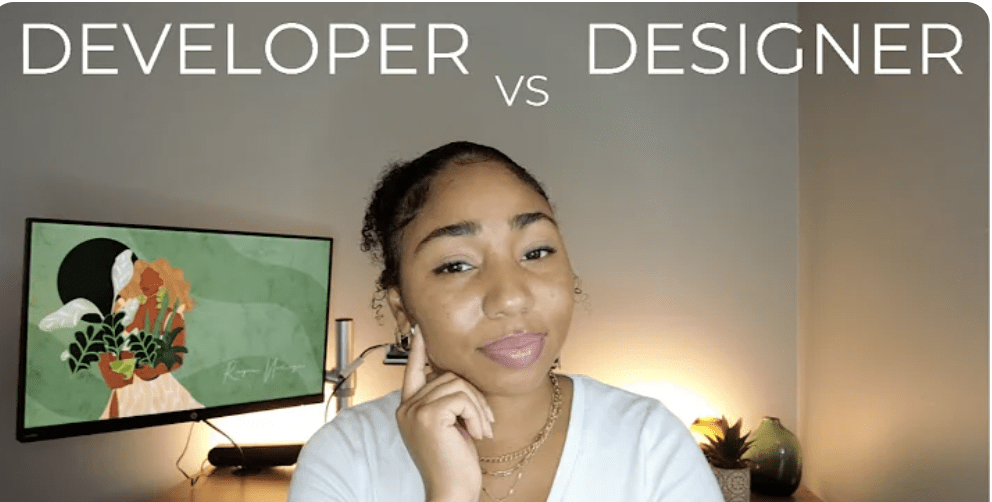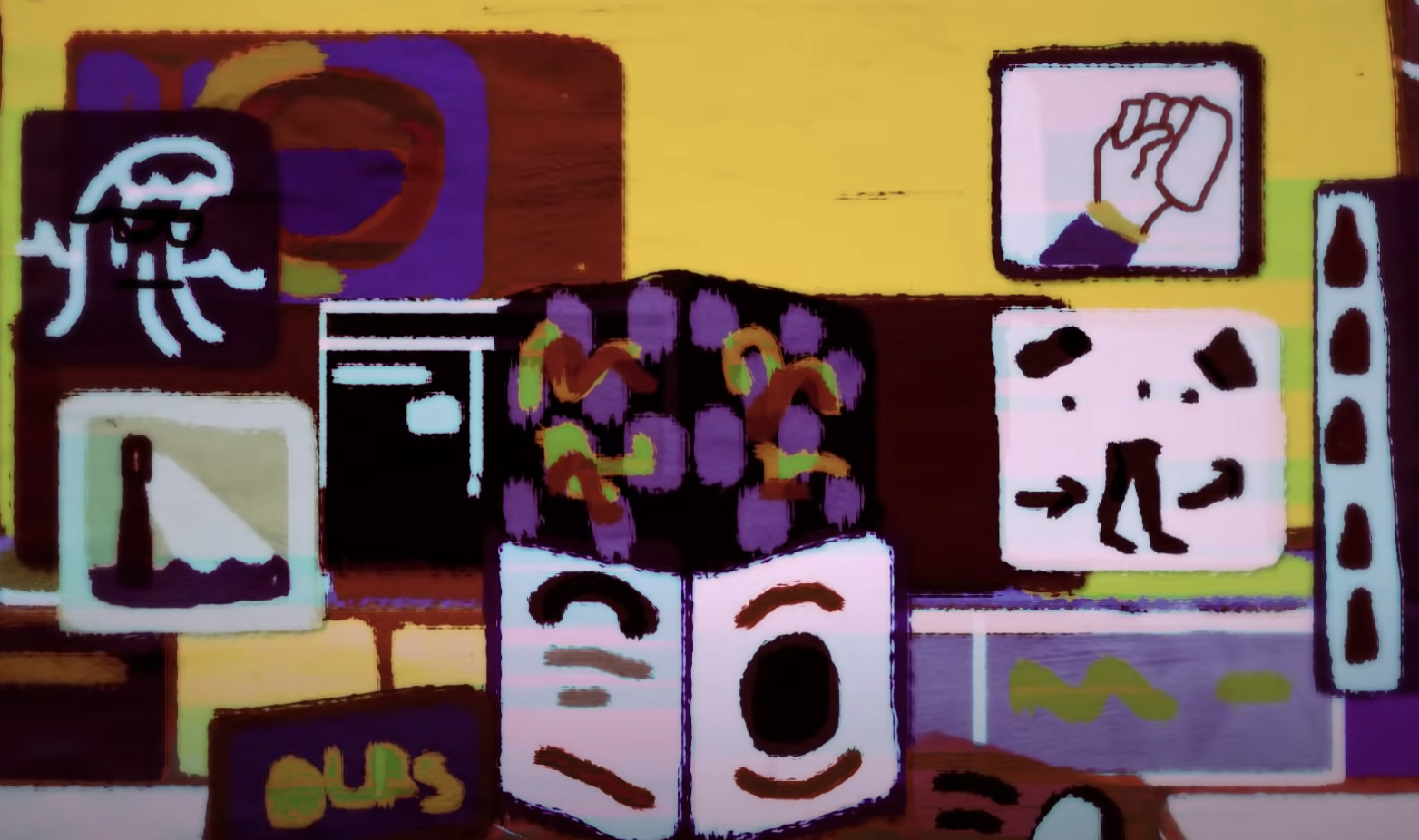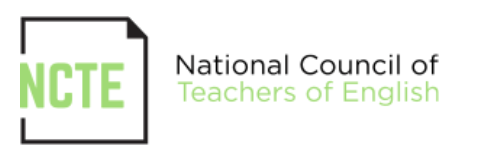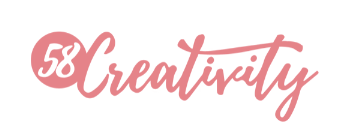Discourse Community: Core Concepts




Reading Notes Week 2
Take the time to look at/discuss a group member's notes and ask the following to them:
Are their notes more about:
- Language and Speech Communities?
- What is a Discourse Community?
- Focusing on examples of these communities?
- Identifying descriptions the author gives?
- Adding your own thoughts about major terms?
- How are notes designed around concepts?
In your notes submission in Canvas, leave a comment about this interaction that indicates what is easy to understand and what is challenging about the concept of a Discourse Community right now.
Speech Vs. Discourse Community
- "A Speech Community typically inherits its membership by birth, accident or adoption; a discourse community recruits its members by persuasion, training, or relevant qualification" (Swales 471)
QUESTION FOR YOU: According to Swales, if speech is about language as something inherited or a trait of where we are from, what could Discourse mean? What might be a way a group uses Discourse when together, apart, or to accomplish a task? What do you think is an example of Discourse within a group?
Speech Vs. Discourse Community
What is "Code-Meshing?"
- Different Language Situations we adapt to
- Non-traditional way of speaking that questions the correct and incorrect ways of how language should be used.
- What is Appalachian Holler? What is a Southern Accent? Can English be changed by culture, slang, code?
- Language isn't just about words, it's about identity and heritage - appreciating one's background and the role that language plays on our interactions with those outside of our adopted speech community.
Whether Domestic or International Student, there are examples and stories of how the way we use language, and our dialects/accents impacts our interactions with others or expectations we may have moving from one situation to the next.
Speech Community


Discourse Community







1. Public goals
- What is the D.C. trying to achieve? What is its purpose?
- How does it seek to meet these goals?
- Are these goals stated among members? Through mutual understanding? Posted online?
2. Intercommunication
- How do members consistently contribute or engage with one another?
- What artifacts may get circulated among members?

Discourse Community Principles
Swales & Melzer
3. Participation/Mechanisms for growth
- How is information exchanged among members?
- How do members spread awareness, outreach, or further its aims?
- How might they "go public" with their info?
4. Use of Genres
- What is a genre of communication within a D.C.? Something that circulates topics, info, status, etc.
- Genres can be "Multimodal" - in what forms do they take for your D.C.?


5. Owns a Specific Lexis
- Insider language: not everyone would know
- Slang
- Code
- Ways of speaking
6. Levels of Members
- Does the group have a hierarchy (leaders, supporting roles)?
- How does one gain expertise and status?
- How do different roles participate?


Discourse Community Example: Web Designer or Web Developer?

*Notice the language and descriptions she uses when talking about this group.
Other Discourse Community Examples:
Graffiti Writers - Art or Vandalism?
What do English teachers value?
The ASL Art Community
D.C. Example: Graffiti Writers - Slang Terms for Action
- Tagging - Subcultural Nickname (distinct mark), expressing one's identity, opposing authority, marking territory, etc.
- All City - Gain a reputation based on your work
- BUFF - Working out a new piece
- Bomb - relates to stealing space, ideas, covering up content on walls, encroaching on another's territory
- Bite - Copy a style
What might slang look like for your Discourse Community? What specialized language might they use?
Writing Exercise: Exploring Discourse Communities Part 1
Swales and Melzer's articles explore what discourse communities are while our other readings help describe the ways people exist within speech communities and how we may be born into a group but have to navigate into new discourse communities. Discourse isn't only about speaking the right ways in a group, but also the behaviors, activities, and materials unique to the group and their interactions and objectives.
- Write about a time where you first entered into a new discourse community and the learning curves you had with this group. When has entering a group taken more effort on your part? What did you have to learn? How did you have to interact with this group? Refer back to Swales, Melzer, or Community resources for ideas (around 250 words).
- SHOW an artifact of a discourse community you know about or would like to know more about. (screenshot, image, an example you want to talk about). Is this artifact from this discourse community part of their daily routine? Part of Communication? A Goal? An achievement?
"Knowing how discourse communities work will not only help you as you navigate the writing assigned in different general education courses and the specialized writing of your chosen major, but it will also help you in your life after college. Whether you work as a scientist in a lab or lawyer for a firm or a nurse in a hospital, you will need to become a member of a discourse community" (Melzer 110).



Swales
"Genres are types of texts that are recognizable to readers and writers, and that meet the needs of rhetorical situations" (Swales 467)
Discourse Communities use Genres for:
- Rhetorical Situations
(e.g. message, persuasion)
- Needs
- Conventions of the group (rules of the genre)
Melzer
Draws on Swales discussion of Discourse Community through his own experiences - What kinds of discourse communities does Melzer refer to in his article? What kind of genres do these communities interact with?


Writing Exercise: Exploring Discourse Communities Part 2
Asking the Right Research Question: Go to Week 2 and access the Swales/Melzer Brainstorm worksheet interactive questions.
- POST: First, what was the discourse community you started writing about last class session? You can give a title and description here.
- CHOOSE three students below your initial post to ask 3 research-based questions within a classmate's individual thread - these can be based on Melzer's questions or you can customize the question based on your interests or ideas. Your questions are meant to help your classmate brainstorm different aspects of their discourse community, either as an fellow insider or a curious outsider. *If your post is at the bottom of the thread, cycle back up to the top if you run out of classmates*
Recap for Week 2:
In-Class Week 2: Exploring Discourse Community
Part 1 (Individual Assignment)
In-Class Week 2: Exploring D.C. Interaction Questions - Group Thread
A.I. Friday Forum #1 - Types of communities
Looking ahead to the Topic Proposal...
What will your research topic be? What community will you research?
Discourse Community Core Concepts
By codys
Discourse Community Core Concepts
- 554







